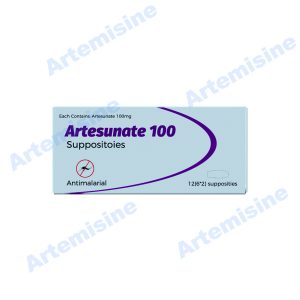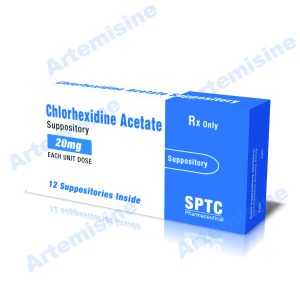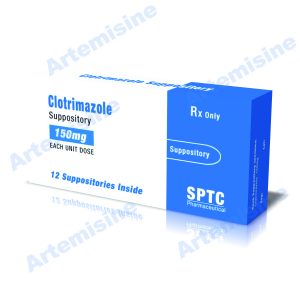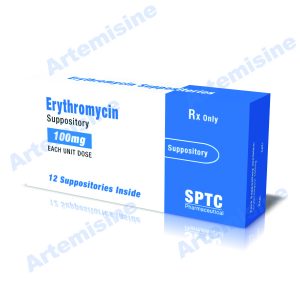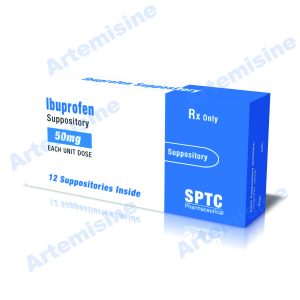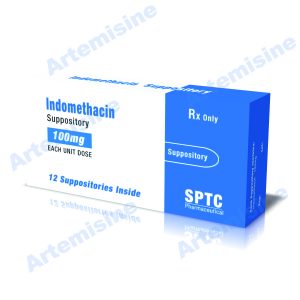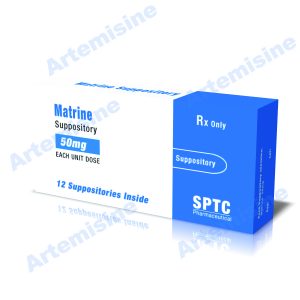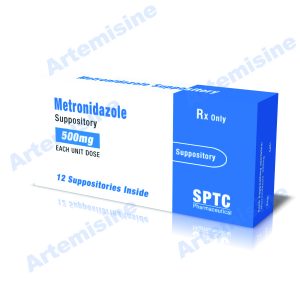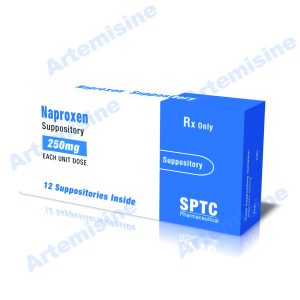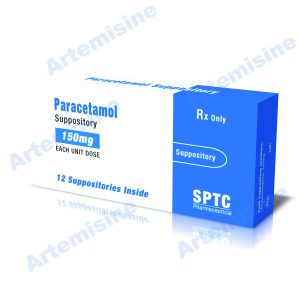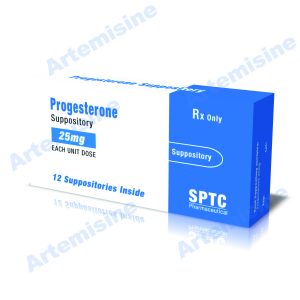Suppositories represent a unique and effective dosage form in the realm of pharmaceuticals. These solid, medicated preparations are designed for insertion into body orifices, typically the rectum or vagina, where they undergo gradual dissolution or melting, releasing the active ingredients. Suppositories offer distinct advantages, making them suitable for various medical applications.
**Composition and Formulation:**
Suppositories are typically composed of a combination of active pharmaceutical ingredients, which can include analgesics, anti-inflammatory agents, antipyretics, or medications for gastrointestinal or gynecological conditions. The base of the suppository serves as the carrier for the active ingredients and may consist of substances like cocoa butter or polyethylene glycol.
**Rectal Suppositories:**
Rectal suppositories are commonly used for systemic drug delivery and are especially beneficial when the oral route is impractical or when rapid absorption is required. They are employed for a range of therapeutic purposes, including the treatment of fever, pain, constipation, and certain gastrointestinal disorders. The rectal route provides an alternative for patients who may have difficulty swallowing oral medications or in situations where intravenous administration is not feasible.
**Vaginal Suppositories:**
Vaginal suppositories are designed for insertion into the vagina and are formulated to address gynecological conditions. These suppositories may contain antifungal agents for the treatment of vaginal yeast infections, hormonal medications, or contraceptives. The localized administration of medication through vaginal suppositories allows for targeted treatment with reduced systemic side effects.
**Benefits of Suppositories:**
1. **Rapid Absorption:** Rectal suppositories offer a route of administration that bypasses the digestive system, allowing for rapid absorption of medications.
2. **Localized Treatment:** Vaginal suppositories provide localized therapy, delivering medications directly to the affected area with reduced systemic exposure.
3. **Alternative for Non-Compliant Patients:** Suppositories offer an alternative for patients who may have difficulty swallowing oral medications or for those who resist injections.
**Formulation Challenges:**
The formulation of suppositories involves challenges related to stability, melting point, and compatibility with the chosen base. Pharmaceutical scientists strive to address these challenges to ensure the efficacy, safety, and patient acceptability of suppository medications.
In conclusion, suppositories play a valuable role in pharmaceutical formulations, providing versatile options for drug delivery in both systemic and localized applications. The continuous refinement of suppository formulations contributes to improved patient adherence, ease of administration, and enhanced therapeutic outcomes across a range of medical conditions.
